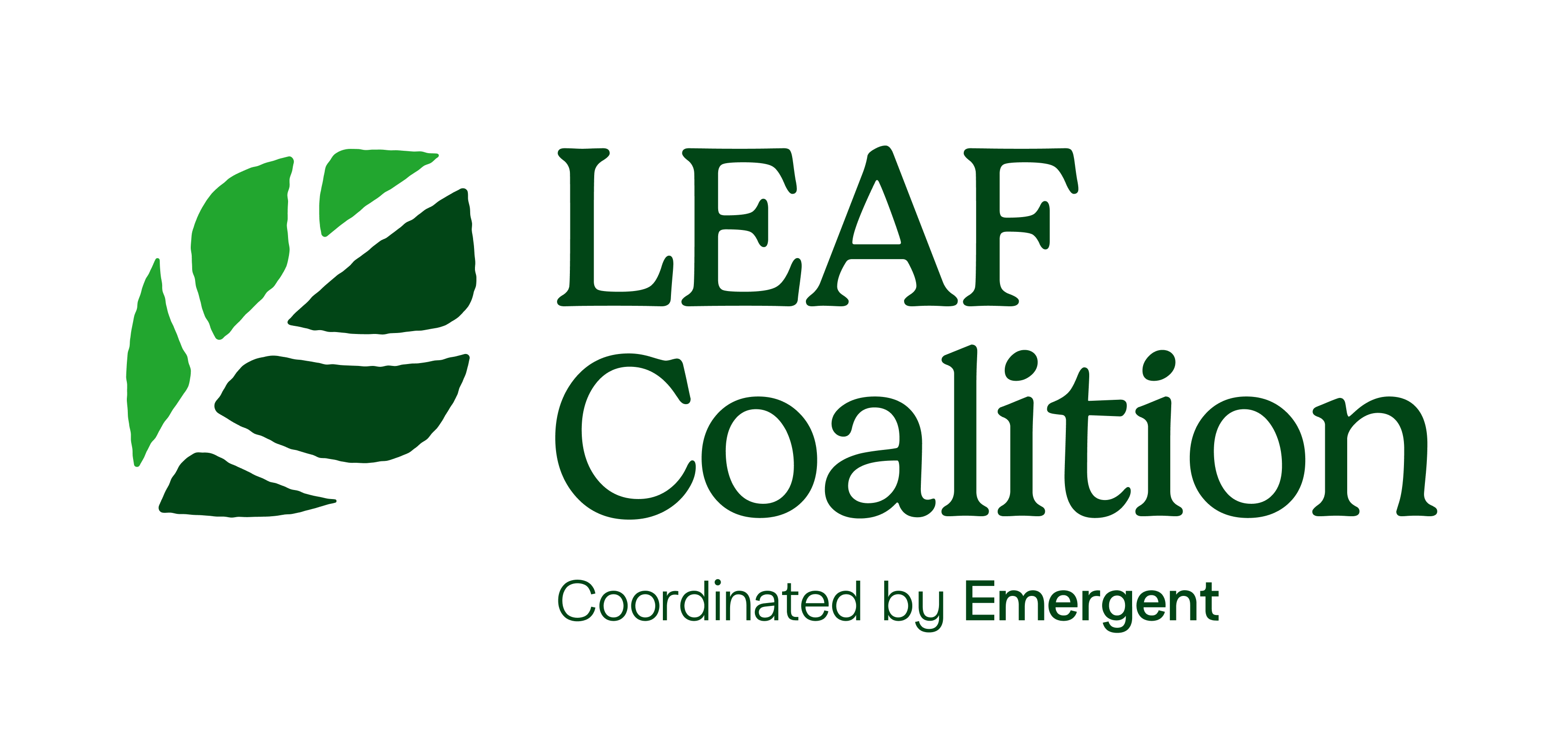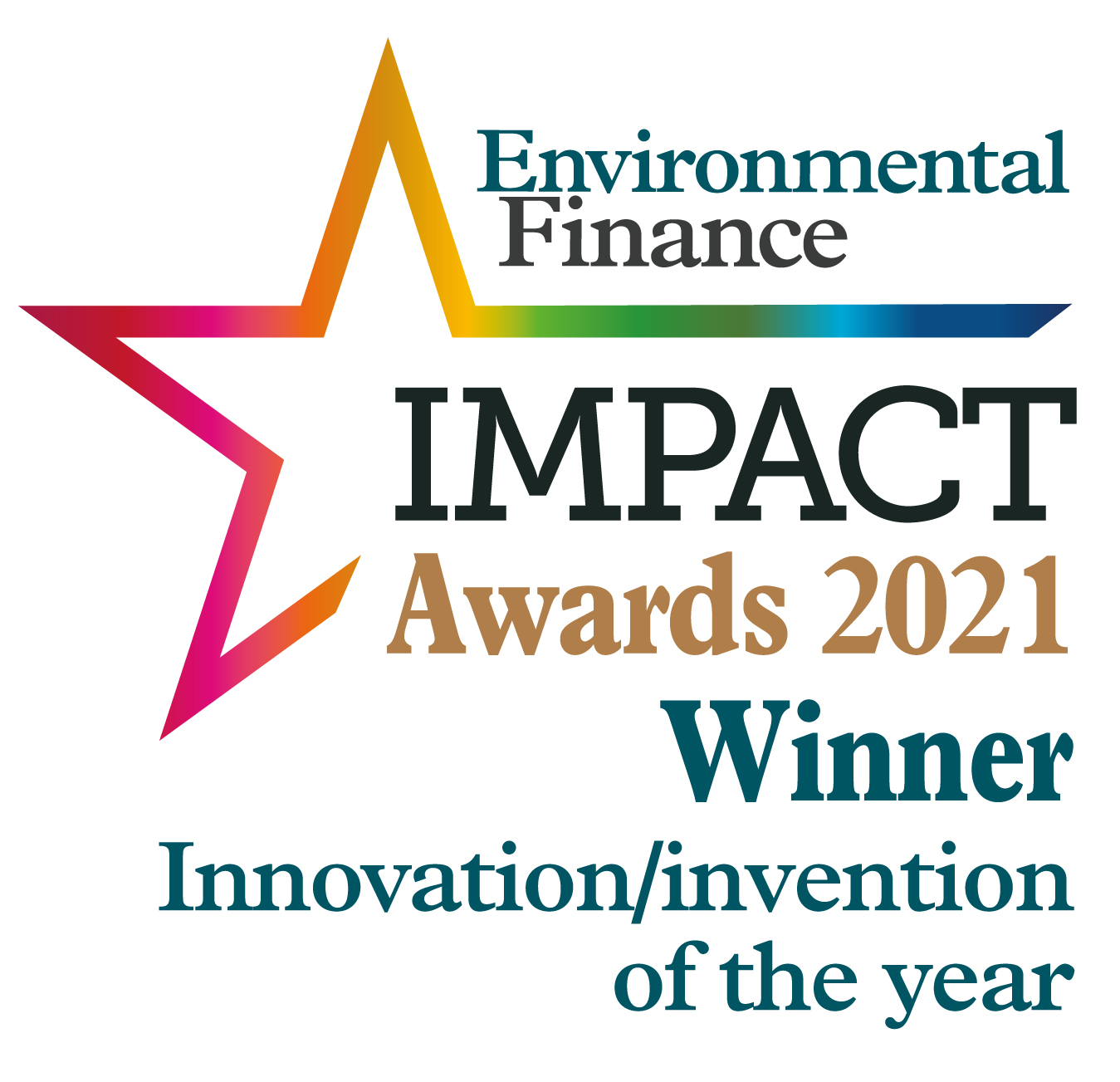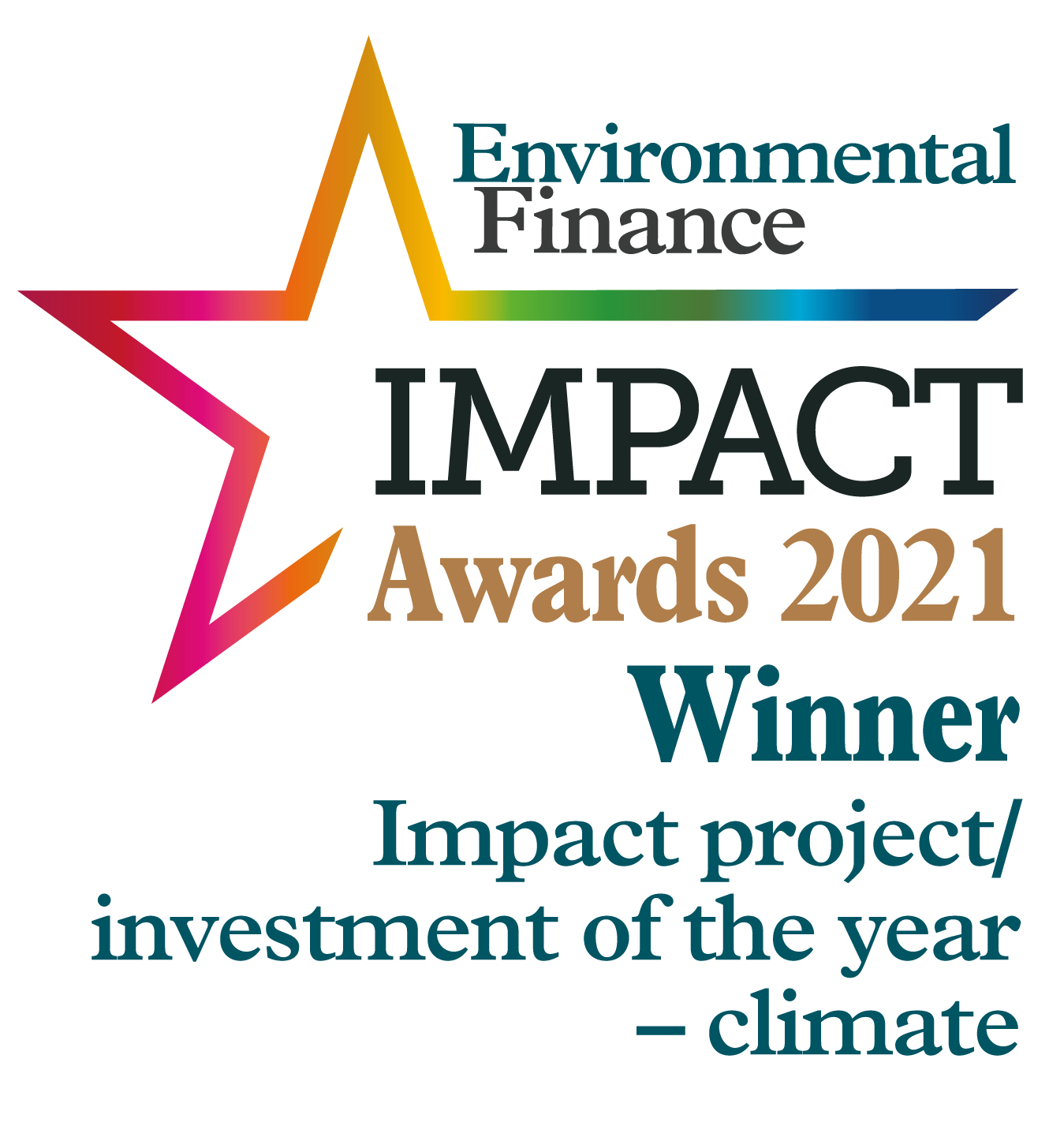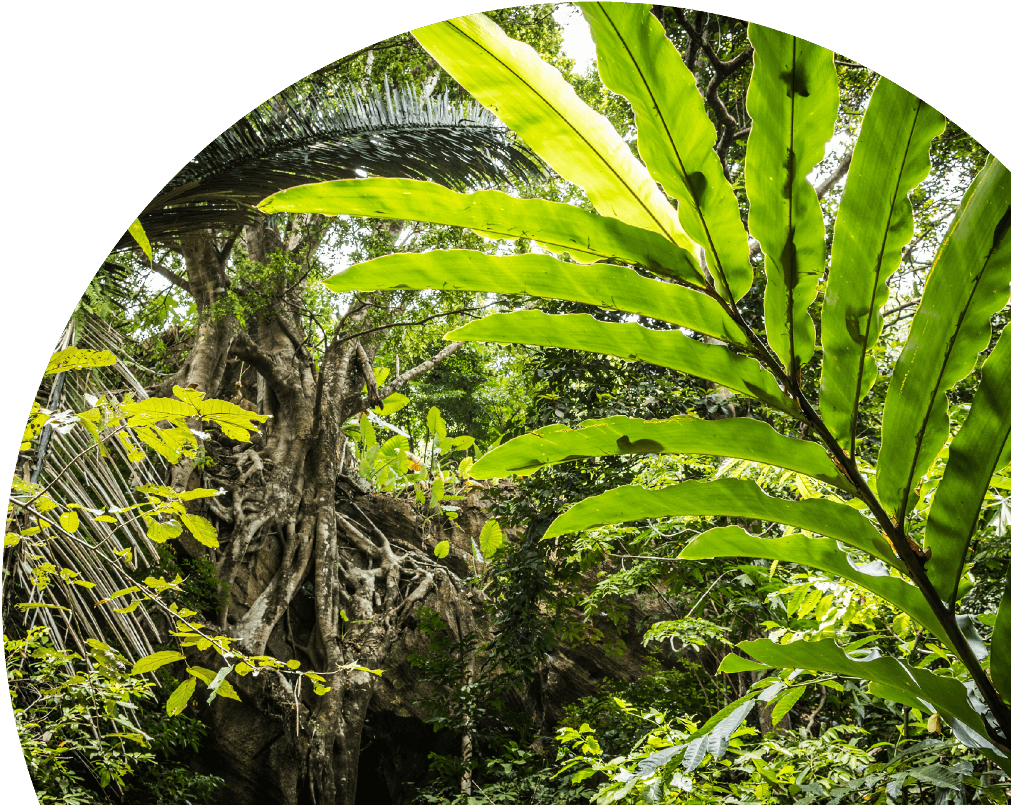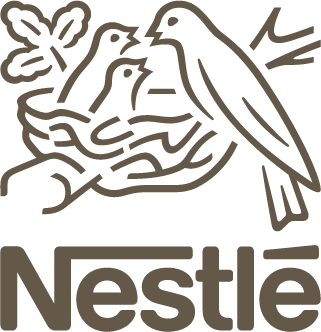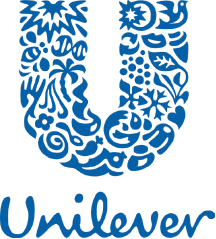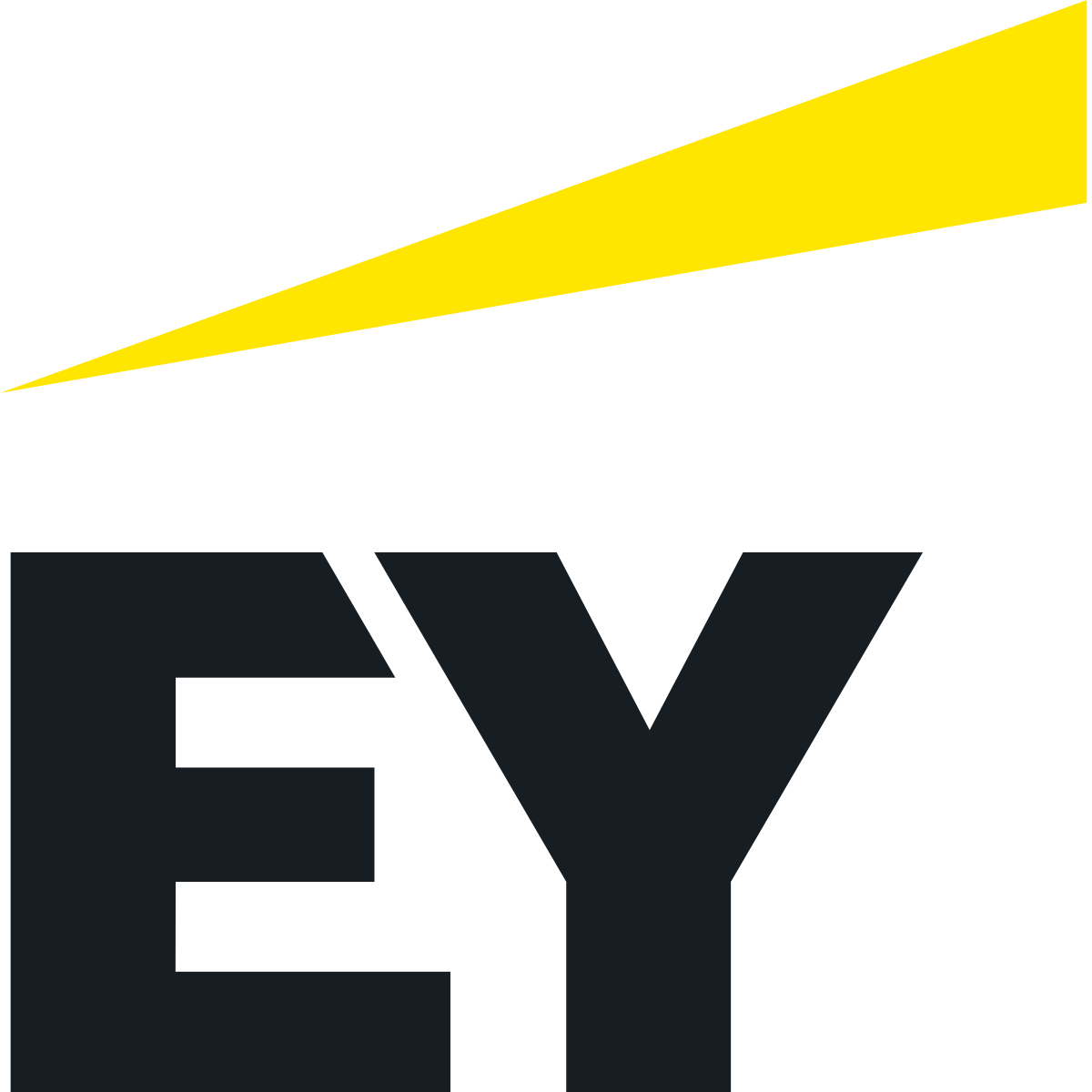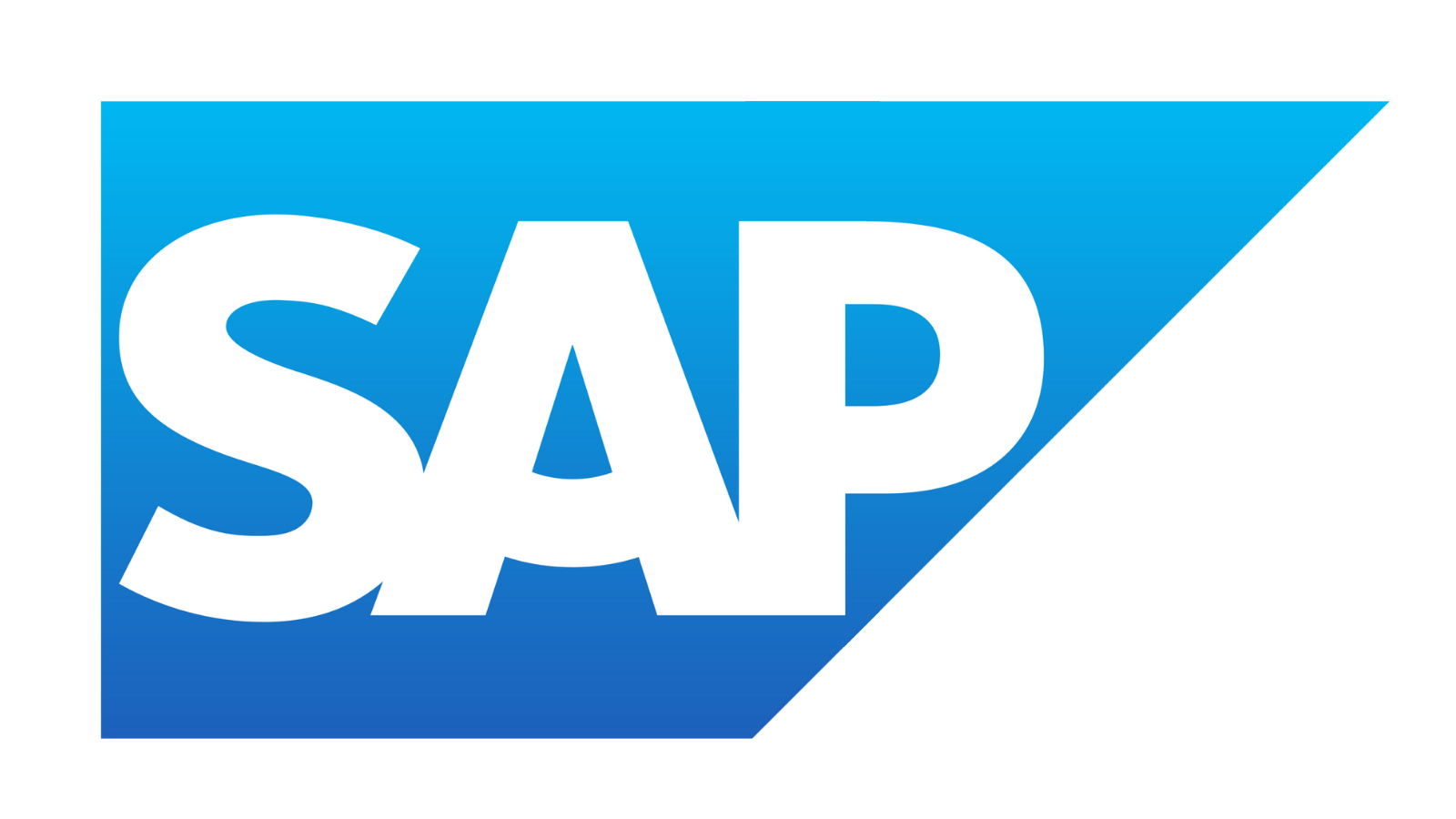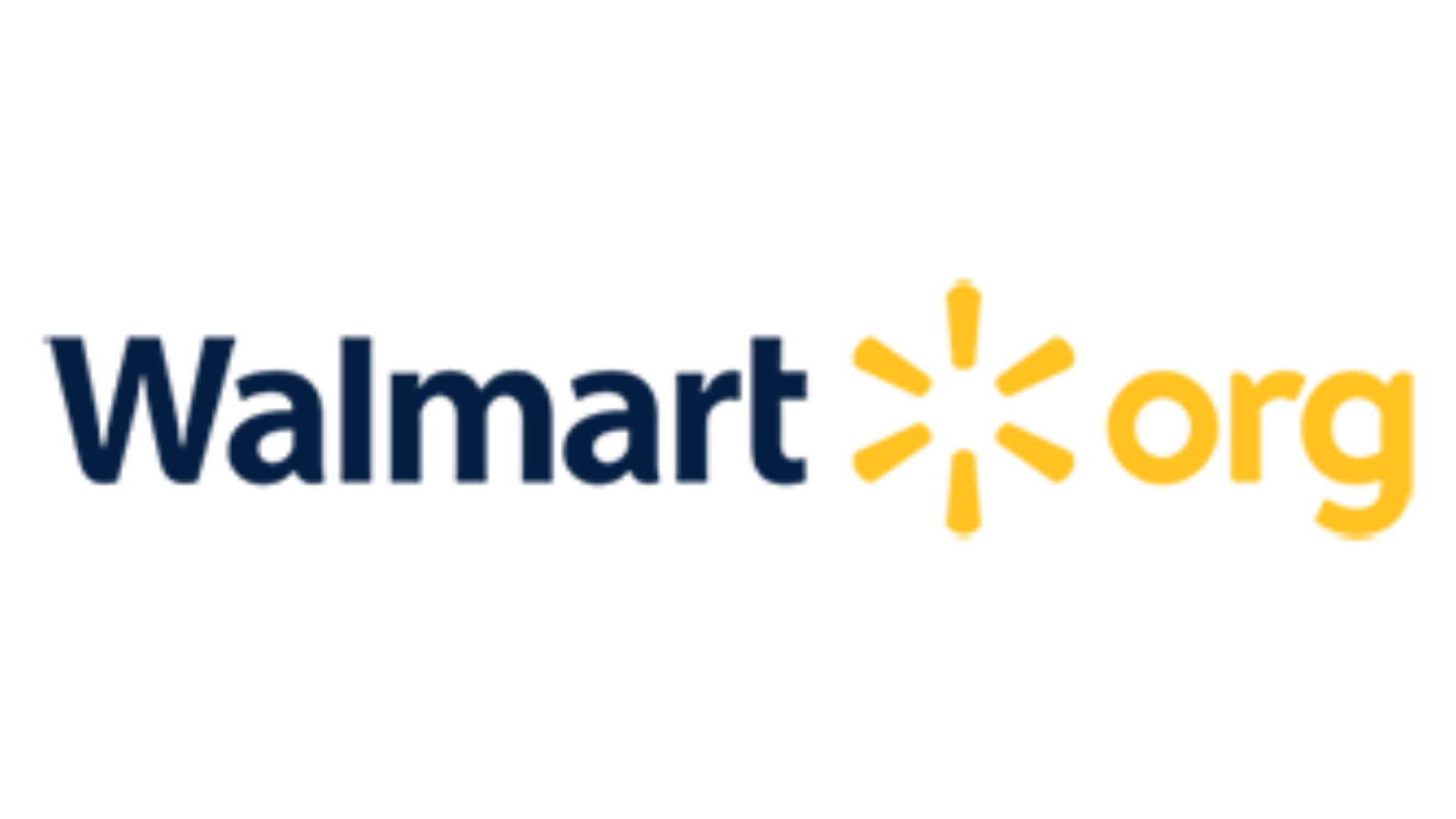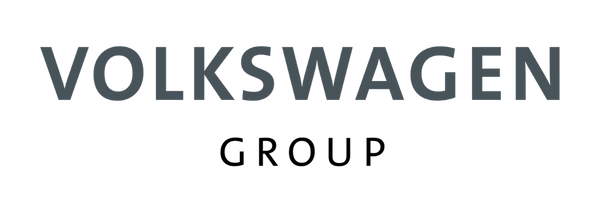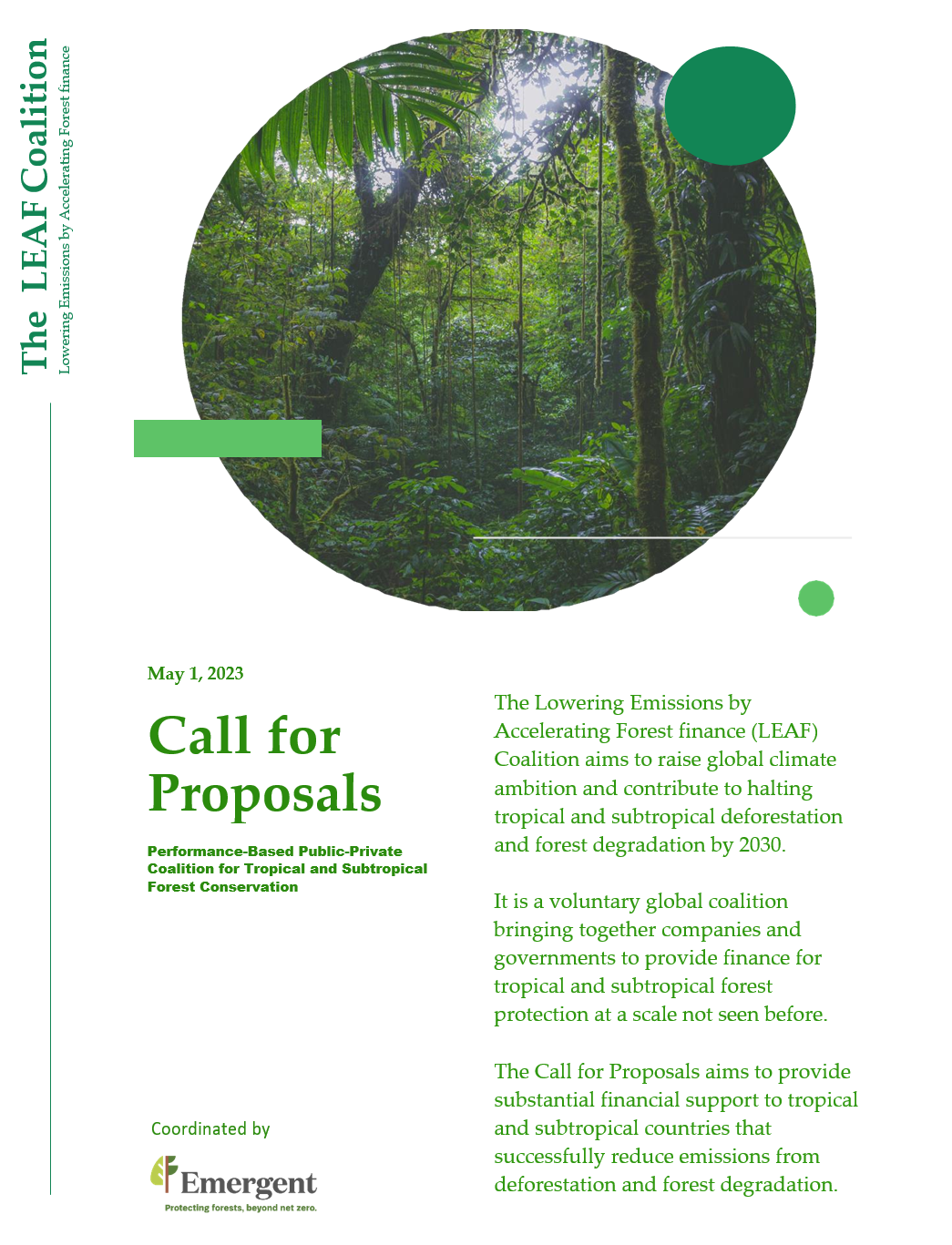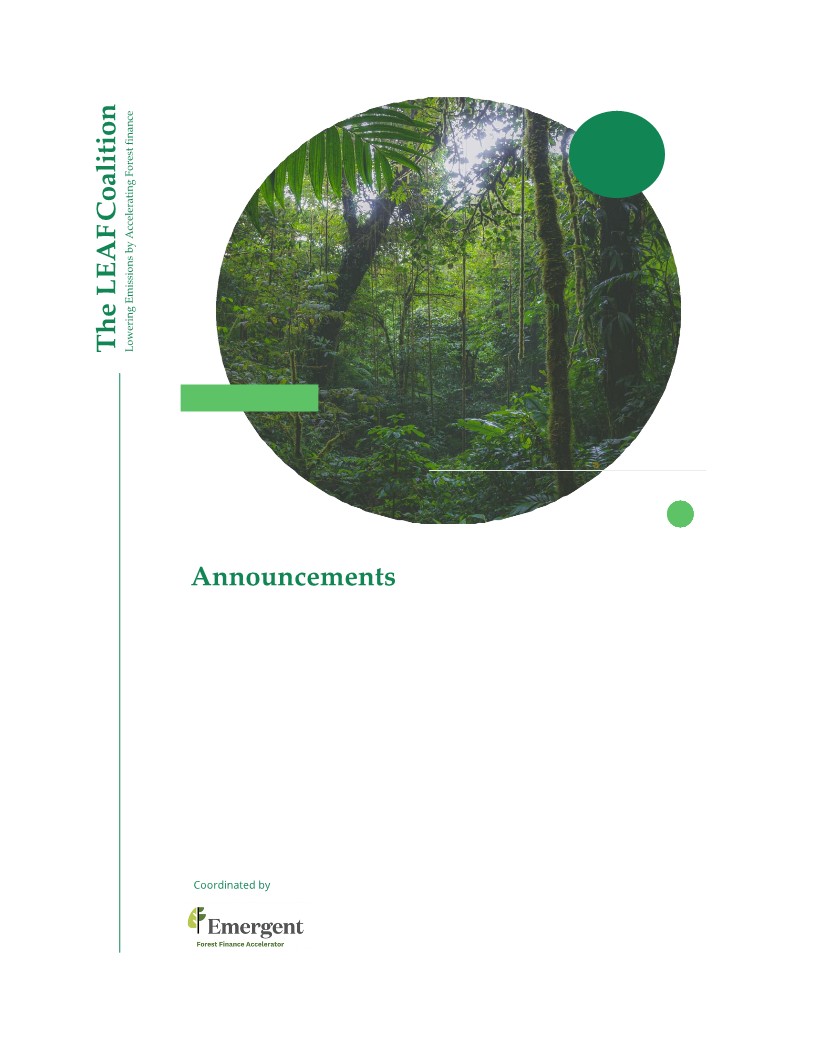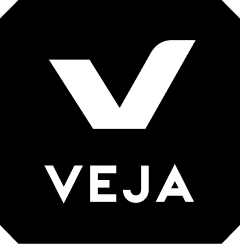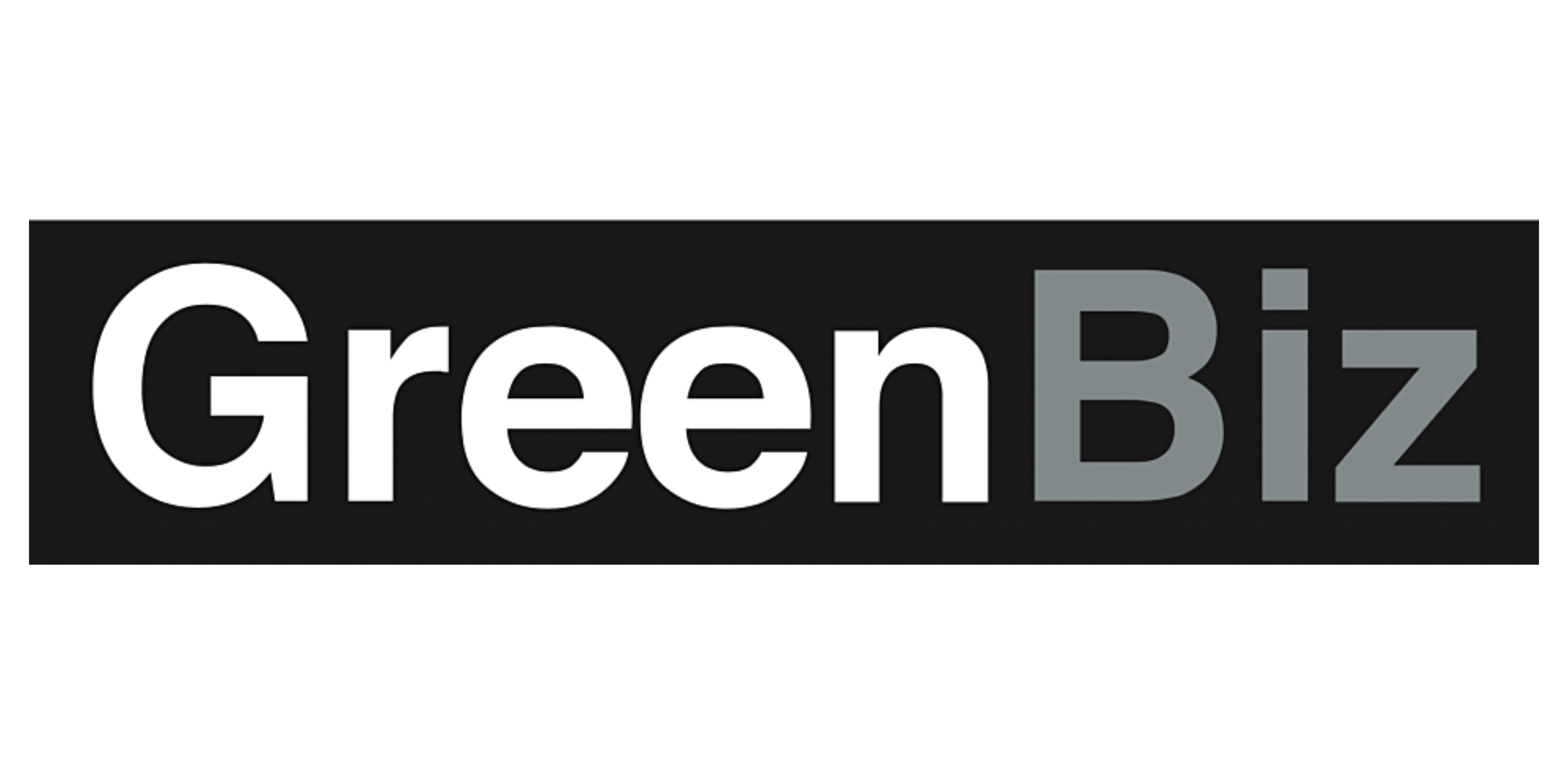Indigenous Peoples and Local Communities in LEAF
LEAF recognises the critical role of Indigenous Peoples and local communities (IPLCs) in stewarding and safeguarding the world’s forests, and the weight of evidence that, when their rights are recognised and protected, deforestation falls.
LEAF will not fund jurisdictions that do not respect the rights of IPLCs or do not meet strong social safeguards. LEAF exclusively transacts credits verified by the ART/TREES standard. ART/TREES was selected, in part, because of its rigorous social safeguards, which requires that jurisdictions adhere to the Cancun Safeguards adopted by the UNFCCC. The Cancun Safeguards were the result of sustained engagement with IPLC groups and civil society actors.
Credits will not be issued by ART/TREES – and therefore transactions will not occur – unless safeguards are maintained, consultation has demonstrably occurred, benefit sharing plans are in place and grievance mechanisms are working.
Detailed benefits sharing plans will be developed as jurisdictions implement ART/TREES. Only those jurisdictions able to have effective benefits sharing plans in line with the standard – that benefits be distributed in a fair, transparent, and accountable manner – will be issued credits by ART. And LEAF purchase agreements will be contingent on the development of these mechanisms.
The jurisdictional approach operationalized by ART/TREES is a crucial innovation in tropical forest protection. Attempting to stem deforestation on a site-based, often private sector-led basis, will not be enough. Drivers need to be addressed at the national and state-wide level.
LEAF purchase agreements will ensure contractually that IPLC rights are respected by including termination clauses if jurisdictions breach the Cancun Safeguards (i.e., if there is evidence of violence, carbon grabbing, etc.) or if jurisdictions are in violation of anticorruption or anti-money laundering laws.
More broadly, the LEAF Coalition is working to ensure that IPLCs and other stakeholders have a mechanism to have their views incorporated into the Coalition. The key stakeholder groups that have been included in the engagement process are IPLCs, tropical and subtropical forest jurisdictions, and civil society organizations– each with distinct relationships to the LEAF Coalition process.
Emergent, the administrative coordinator of the LEAF Coalition, is working with civil society actors who have strong relationships with IPLC groups. With 23 jurisdictions eligible for purchase agreement discussions, engagement is being focused on them.
This is critical work for the LEAF Coalition, and we welcome the opportunity to continue working to support Indigenous Peoples and local communities.
If your organization wants to provide feedback to the LEAF Coalition on issues related to Indigenous and local communities, please email us at info@emergentclimate.com.
Role of Civil Society in LEAF
The LEAF Coalition recognizes the critical role that civil society¹ plays in protecting forests and supporting the communities that steward and depend on them. Additionally, LEAF notes the important advocacy role that civil society plays globally, and the essential role civil society plays in facilitating the successful implementation of jurisdictional REDD+ programs in host countries transacting with LEAF.
Apart from Emergent, which coordinates the Coalition and facilitates its transactions, civil society organizations are not direct participants in the Coalition. Nevertheless, LEAF remains committed to continued engagement with civil society to improve the effectiveness of LEAF’s operations and impact. The LEAF Coalition encourages civil society organizations to engage with LEAF in several important ways:
- Commenting on LEAF jurisdictions’ implementation plans and benefit sharing plans, which need to be developed through participatory processes to be compliant with LEAF requirements.
- Supporting delivery by serving as a Financial Intermediary or implementing entity (see below), to identify, execute and/or monitor the implementation of activities in LEAF jurisdictions.
- Liaising with local stakeholders and communities to enhance knowledge and understanding of LEAF and better enable feedback from beneficiaries on the ground,
- Commenting on LEAF policies and documentation provided in line with the LEAF Transparency policy.
- Suggesting improvements to LEAF governance and decision-making processes and operations.
More specifically, the LEAF Coalition expects a range of civil society partners to be critical in the delivery chain. Emergent utilizes a fund management system that operates through Financial Intermediaries (FIs). CSOs (civil society organizations) may be eligible to act as FIs² for LEAF transactions. In addition to functioning as FIs, civil society may also be considered as implementing entities and/or beneficiaries of LEAF transactions. If your organization is interested in serving as an FI or implementing entity, contact the government agency responsible for the jurisdiction you are interested in supporting.
If your organization is interested in engaging with the LEAF Coalition on issues related to Indigenous and local communities, please email us at info@emergentclimate.com.
¹LEAF defines civil society as a key stakeholder group that includes non-profit and non-governmental organizations, Indigenous peoples and local communities and affiliated groups, special interest groups including those focused on women and youth inclusion. Civil society only means non-profit actors, non-public sector and non-private sector. Industry associations and trade unions may be included, but for-profit project developers, business and industry groups are not included under this definition.
²Eligibility is determined by accreditation by the Green Climate Fund, or delivery partner status for the Global Environmental Fund.
